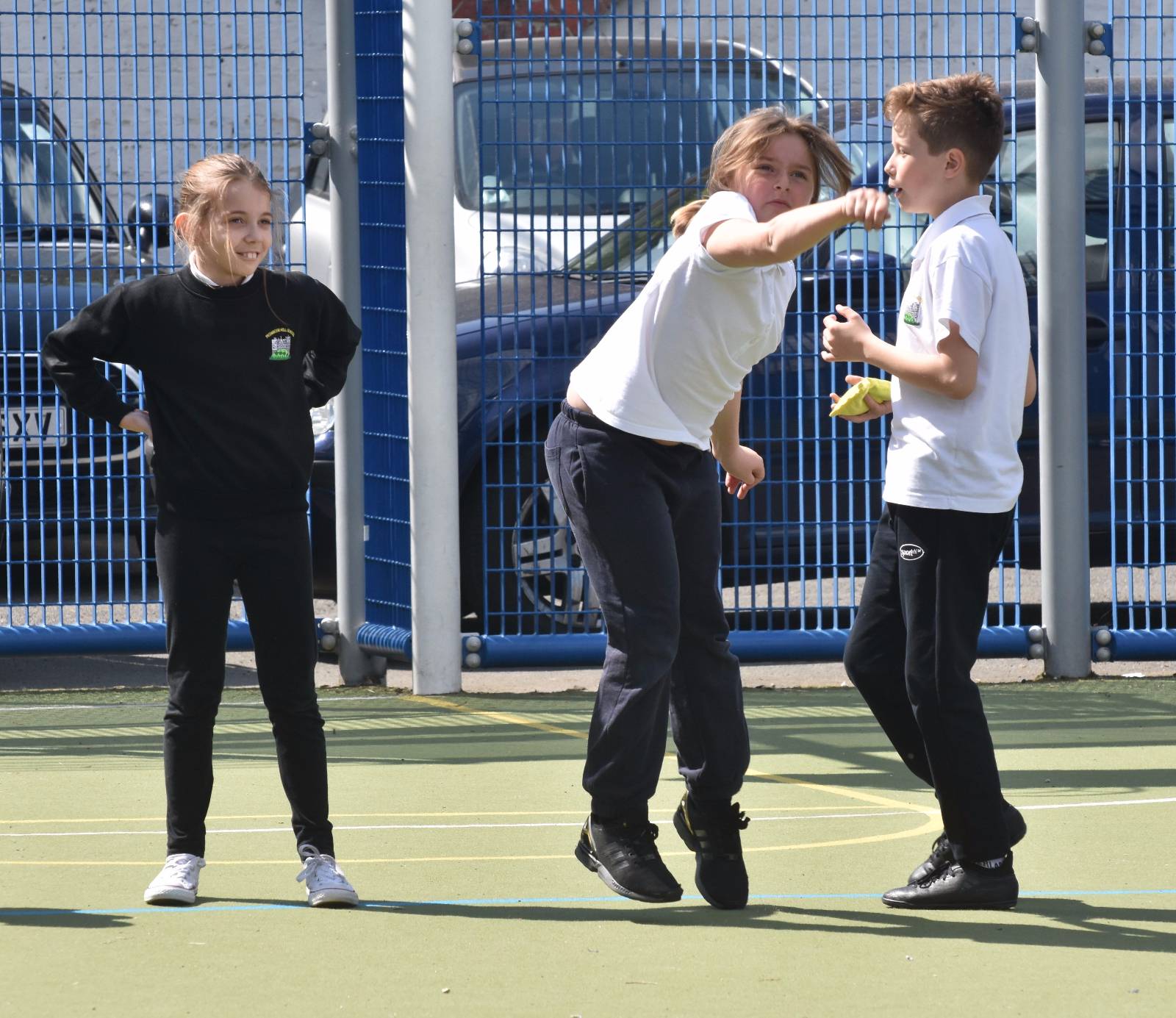The Primrose Hill Curriculum
Our Curriculum
At Primrose Hill Primary School, we provide a holistic and creative curriculum which maximises opportunities for meaningful cross-curricular links and purposeful learning experiences. We introduce our children to a breadth and wealth of subject-specific knowledge and support them in developing the cognitive skills and expertise required to map out, manipulate and extend that knowledge in an ever-changing world. Our teachers are responsive to their individual children’s needs and interests whilst working within a detailed progression framework of knowledge and skills based on the National Curriculum.
Our key foci are Care, Challenge and Community.
You can find subject-specific information here (including our approach to early reading) if you scroll down further.
More Detailed Curriculum Information
For subject-specific statements, please follow the link below.
For Skills and Progression maps in Science and the Foundation Subjects, see below:
Art Progression Map, Computing Curriculum Overview 2023-24, DT Progression Map, Geography Progression Map, History Progression Map, Primrose Hill MFL Italian progression map, Science Curriculum Progression Map PE Progression Map, RE Progression Map,
For Knowledge & Skills Progression maps in English and for our Approach to Early Reading, see below:
Reading Progression Map, Writing Progression Map
English Curriculum Overview 2023-2024
For Maths Progression Maps see below:
Algebra, Geometry- Properties of Shape, Measurement, Number – Addition and Subtraction, Number – Multiplication and Division, Number and Place Value, Number- Fractions ( Including decimals and percentages), Ratio and Proportion, Statistics
Organisation of Learning
For information about the stages and ages across the school and how the learning is organised, see the below. Classes are named after British woodland creatures (remember, you can find information specific to each year group / class here).
Early Years Foundation Stage
In the EYFS we follow the new 2021 ‘Early Years Foundation Stage Curriculum’ document. The children’s learning experiences are planned to enable them to develop and achieve through play and investigative learning experiences in the early learning areas. The EYFS curriculum is planned for the inside, and outside classrooms and equal importance is given to learning in both areas. The curriculum is planned in a cross-curricular way to enable all aspects of the children’s development.
All EYFS classes, Tadpoles, Froglets and Ladybirds, follow a 2-year rolling cycle of topics as the basis for learning experiences.
Class groups can, however, follow topics more suitable to their cohorts or that the children themselves show enthusiasm and fascination in. Teachers ensure that there is an equal balance across the areas of learning when they do this during their PPA time. The EYFS teaching staff share a weekly PPA session where learning pathways can be discussed and modified as required. The characteristics of effective learning are viewed as an integral part of all areas of learning and are reflected in our observations of children. The half-termly topics are also enriched through the following of whole school initiatives such as ‘Everybody Writes’ events and Anti-Bullying Week during the academic year. Nursery and Reception’s Physical Development experiences are enriched through weekly specialist sessions led by the PE team.
Phonics and the Reading Process
We use a mixture of ‘real’ and ‘levelled’ books to teach reading and phonics from the outset. The whole class Phonics is taught systematically across Nursery, Reception and Key Stage 1 every day following the government-recommended programme of Little Wandle. This promotes a fun, pacey, multi-sensory, rigorous, systematic approach to teaching phonics, regular guided reading, and carefully levelled books. You can see our policy for Early Reading here.
Guided reading is prioritised across YR – Y6, including elements of reciprocal reading in Upper Key Stage 2. From Y4 onwards, we have introduced the Reading Challenge, where children work through a range of high-quality texts, which will consolidate the many reading skills needed to achieve well and be a confident and successful reader.
Investing in high-quality and rich texts to teach the English Curriculum across the school. In addition, the promotion of grammar and technical accuracy through our ‘List of Magic’ and a focus on drama, oracy and presentation.

